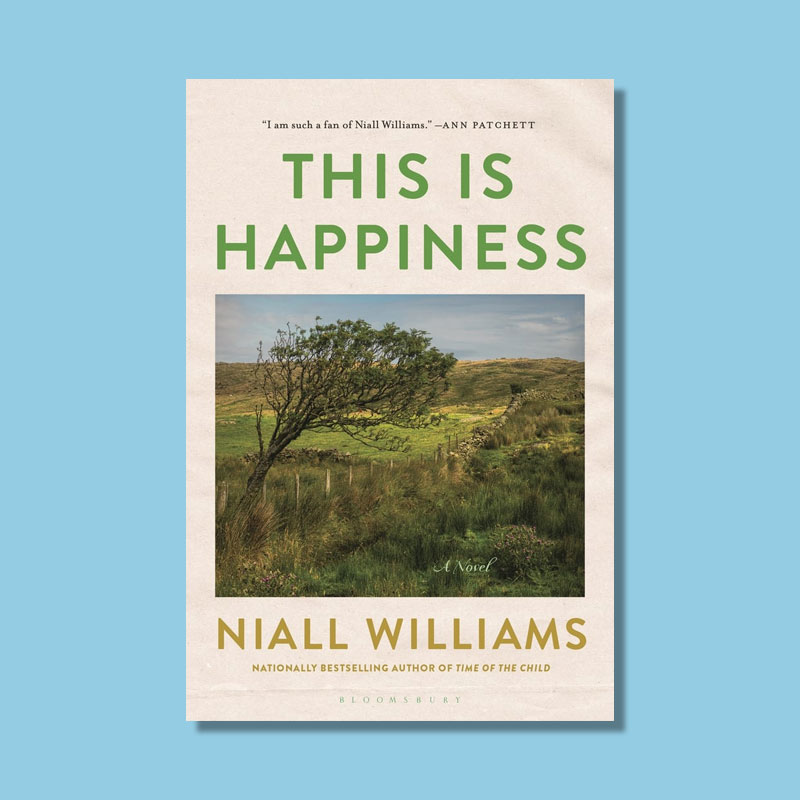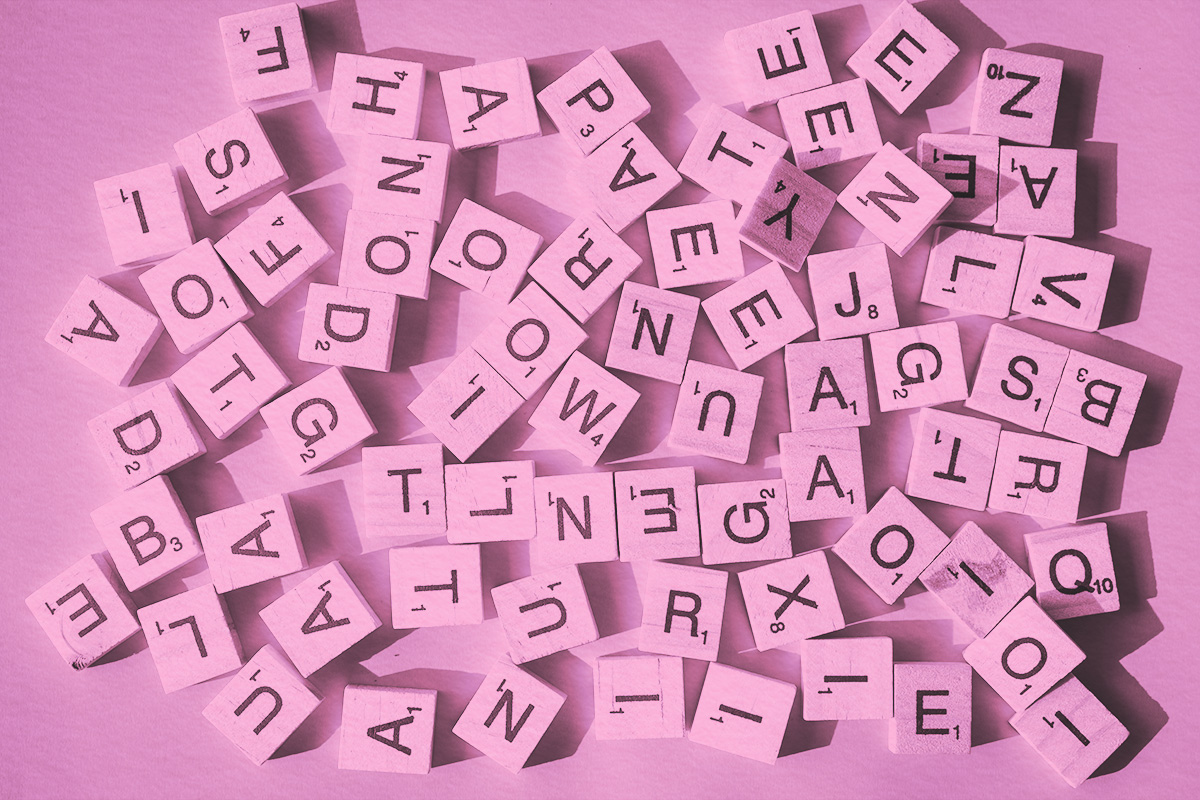What does it mean to feel "under the weather"? | | Today, the idiom "under the weather" describes a mild, temporary illness, but a few centuries ago, seasick sailors used it more literally to describe their weary state on the high seas. | |  | Rachel Gresh |
|
| |  | | Y ou've probably heard the phrase "curse like a sailor," but what about using their idioms? Not all nautical lingo is crude. Case in point: "under the weather." This polite expression discreetly conveys minor discomfort or a general sense of malaise, as in, "I called in sick today. I'm feeling under the weather."
Technically, we could all be "under the weather" — whether it's clear skies or thunderstorms overhead — but the idiom leans into a negative interpretation from the late 18th century about seasick sailors facing their ailments on stormy seas.
The idiom's most widely accepted origin theory is explained in Salty Dog Talk: The Nautical Origins of Everyday Expressions (1983) by seaman-turned-journalist Bill Beavis and marine historian Richard McCloskey. The original phrase was "under the weather bow," and as a maritime expression, it referred to seasickness due to bad weather. During storms, the ship's front (the bow) should face the storm to minimize the risk of capsizing. It's from this practice that the phrase arose, as seasick sailors would head for shelter below deck, placing them, literally, "under the weather bow."
Eventually, the phrase shifted from literal to figurative usage. One of the earliest idiomatic uses comes from Memoirs of the Philadelphia Society for Promoting Agriculture (1808), discussing a mechanical seed-sowing method invented by Jethro Tull: "The drill husbandry is much in vogue again in England; though Tull had been long, as sailors term it — under the weather." (Yes, the 19th-century agricultural inventor was the inspiration for the name of the rock band.) The farming diary shows that by the early 19th century, the expression had outgrown its nautical roots and blossomed into a versatile turn of phrase.
Around the same time, "under the weather" evolved into a euphemism for intoxication, first appearing in the early 19th century. In his 2020 memoir, The Answer Is..., TV host Alex Trebek used the phrase to describe his father's state after one too many drinks: "[M]y dad had managed to consume a bottle of rye and greeted me at the train station a little under the weather." So perhaps this phrase isn't devoid of crude behavior after all. In any case, whether you're battling the winter sniffles or nursing a holiday hangover, the use of this expression carries on a time-honored piece of maritime history. |
| | Continue reading | |  |
| |
| | Advertisers help keep Word Smarts free | |
Emoji Decoded | |  | | Cook | | | Meaning: Shows a person wearing a chef's hat, representing cooking themes.
Evolution: It was released in 2019 with gender and skin tone variations, and this emoji has become particularly popular in food content creation and recipe sharing on social media.
Usage: [Caption on a meal prep photo:] Sunday meal prep mode activated 👩🍳 Making this week's lunches and snacks! |
|
 | | Cook | | | Meaning: Shows a person wearing a chef's hat, representing cooking themes.
Evolution: It was released in 2019 with gender and skin tone variations, and this emoji has become particularly popular in food content creation and recipe sharing on social media.
Usage: [Caption on a meal prep photo:] Sunday meal prep mode activated 👩🍳 Making this week's lunches and snacks! |
|
| |
Have you read? | |  | | This Is Happiness | | By Niall Williams | | I added this to my TBR for one reason: the quote in the publisher's description of the book (which comes from Chapter 5, as I learned when I bought it). I know you're not supposed to judge a book by its cover, but the writing in those two sentences was so striking and lyrical, and communicated so much in so few words, that I knew I had to read more. | | | | Allie Takeda, Senior Managing Editor | | | | We independently evaluate all recommended products and services. If you click on links we provide, we may receive compensation. |
|
 | | This Is Happiness | | By Niall Williams | | I added this to my TBR for one reason: the quote in the publisher's description of the book (which comes from Chapter 5, as I learned when I bought it). I know you're not supposed to judge a book by its cover, but the writing in those two sentences was so striking and lyrical, and communicated so much in so few words, that I knew I had to read more. | | | | Allie Takeda, Senior Managing Editor | | | | We independently evaluate all recommended products and services. If you click on links we provide, we may receive compensation. |
|
| |
You might also like | |  | | | | The Final Letter Added to the Alphabet | | Singing your A,B,C's is one of the first lessons learned in pre-school, but this 26-letter song couldn't have been solidified until the final letter was added in the 17th century — and it wasn't "Z." |
| | | |
| | Advertisers help keep Word Smarts free | |
|
![]()
![]()
![]()
![]()
0 Comments:
Post a Comment
<< Home